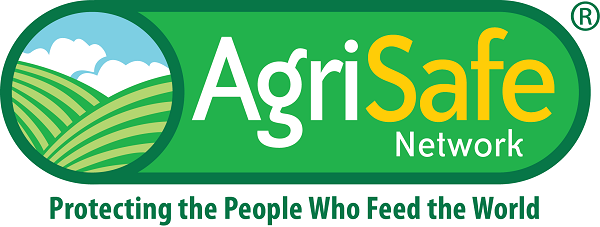AgriSafe Learning
Protecting and Promoting the Health of Young Agricultural Workers: The Role of Employers and Supervisors
-
Register
- Non-member - Free!
- Member - Free!
Summary: There are many benefits for hiring youth in agriculture, including the development of job skills, increased self-esteem, responsibility, and earned income. However, adolescents and young adults working in agriculture (under 25 years old) are at increased risk for occupational injuries. In addition to traditional workplace hazards, developmental differences (both physical and cognitive), inexperience, fatigue, and distracted behaviors increase the risk of injury. Employers and supervisors play an active role in protecting these workers. Communicating effectively with young workers about health and safety hazards that impact injury risk is key to protecting this population. This webinar will describe specific skills and practices that can be implemented in the workplace, on family farms, and in agricultural classrooms. Intended Audience: Employers, Parents, Educators
At the end of this webinar, participants will be able to:
- Identify risk factors that increase injury risk among adolescents and young adults.
- Recognize the role that supervisors (i.e., employers, parents, educators) play in protecting young workers.
- Identify resources that can be used to address both traditional and non-traditional workplace hazards.
- Apply communication skills and workplace practices that can be utilized in the workplace, on the family farm, or in agricultural classrooms.
Diane Rohlman, PhD
Director, Agricultural Safety and Health Program , University of Iowa
University of Iowa and Healthier Workforce Center of the Midwest
Dr. Rohlman is the Associate Dean for Research in the University of Iowa’s College of Public Health. She is also a professor in the Department of Occupational & Environmental Health where she holds the Endowed Chair in Rural Health and Safety. She is Director of the University of Iowa’s Healthier Workforce Center. Her research focuses on the health effects of occupational and environmental exposures, with emphasis on the increased workplace risks faced by younger employees. Her studies have examined agricultural workers in the United States and around the world, including research on the effects of pesticide exposure on adolescents and their developing nervous system. She also has studied how lifestyle factors and mental health can impact safety on the job, as well as the effect of interventions directed toward supervisors and workplace policies. Dr. Rohlman received her masters and doctorate in experimental psychology from Bowling Green State University in Ohio.
Key:
Quick Search
Technical Difficulties
Submit a help ticket if you need technical assistance.
Having Computer Issues? Please check your internet browser and security settings to allow permissions for this website. Browsers: Microsoft Edge version 40 or higher; Chrome version 60 or higher, Firefox version 50 or higher; or Safari version 10.1 or higher. We recommend using Google Chrome or Firefox as your browser.
